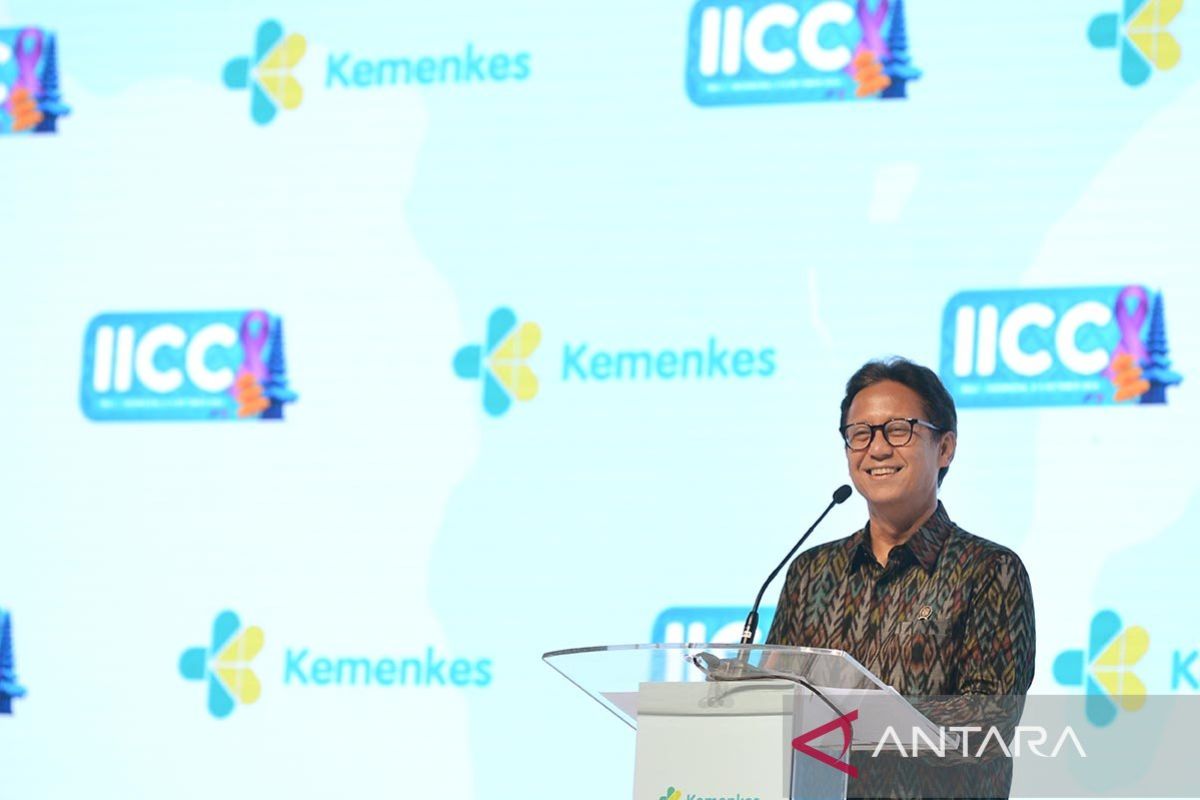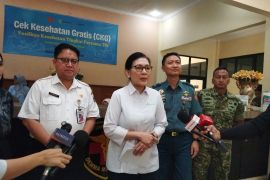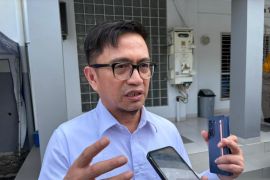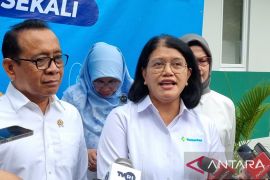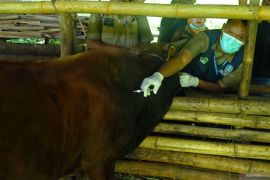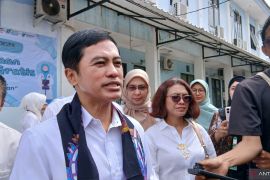In an event broadcast here on Thursday, Health Minister Budi Gunadi Sadikin noted that malaria eradication should be a movement and not merely a program. He affirmed that everyone involved would thus sense immense pride in participating in the cause.
Sadikin also highlighted the importance of stepping up surveillance and boosting global commitment to combating the three deadliest infectious diseases globally: malaria, TBC, and HIV.
"Because with surveillance, we understand who has the disease and we can treat them, and most importantly, can avoid them to spread the disease over," Sadikin remarked.
The minister affirmed that the best strategy to combat malaria is to prevent it from occurring in the first place. Hence, his administration provides facilities nationwide to ensure sound surveillance, such as the required tools, labs, and also trained health personnel, for accurate disease detection.
"Tools are available and so are the (personnel). What is left is just checking up (the condition) with discipline," he remarked.
The second strategy is to pursue the development of a malaria vaccine in Indonesia. He said that unlike COVID-19 which spread worldwide, malaria was reported in third-world countries, so the required attention and funding for it had been lacking.
He pointed out that while the vaccine for COVID-19 was ready in 22 months, 22 years have passed and no vaccine for malaria had yet been developed.
To address this, he said, Indonesia has partaken in some global financing mechanisms, such as with Global Fund and Gavi, to meet the needs for vaccines and their development.
He highlighted that the third strategy aims to ensure the availability of malaria drugs. Moreover, he emphasized the importance of consuming the medications in a timely and disciplined manner to prevent drug resistance.
The minister noted that malaria and TBC are poor country syndromes, and the diseases are often overlooked. Hence, he called for global commitment, especially from leaders of developing countries, to focus on these issues.
Sadikin emphasized that the Health Ministry cannot work alone.
On the occasion, he expected that the Special Advisor Asia Pacific Leaders Malaria Alliance (APLMA) and Indonesia's sixth president, Susilo Bambang Yudhoyono, would assist the ministry in raising awareness and compel global leaders to participate in the cause.
Related news: Govt presses for establishing research labs in malaria-endemic regions
Related news: Need to consistently raise public awareness on malaria: MPR
Related news: Malaria cases down, but still second highest in Asia: govt
Reporter: Mecca Yumna Ning Prisie
Editor: Azis Kurmala
Copyright © ANTARA 2024
